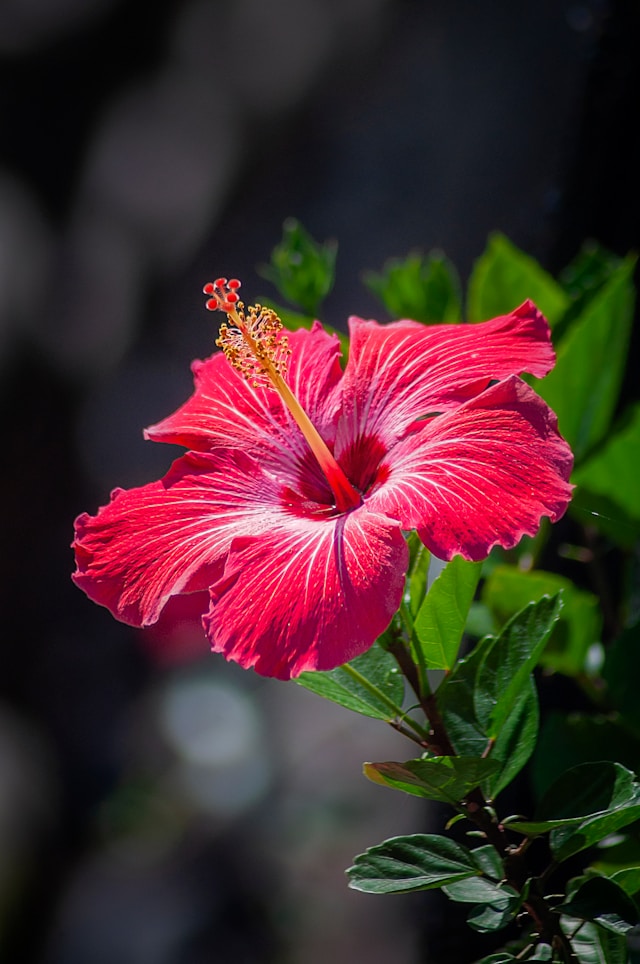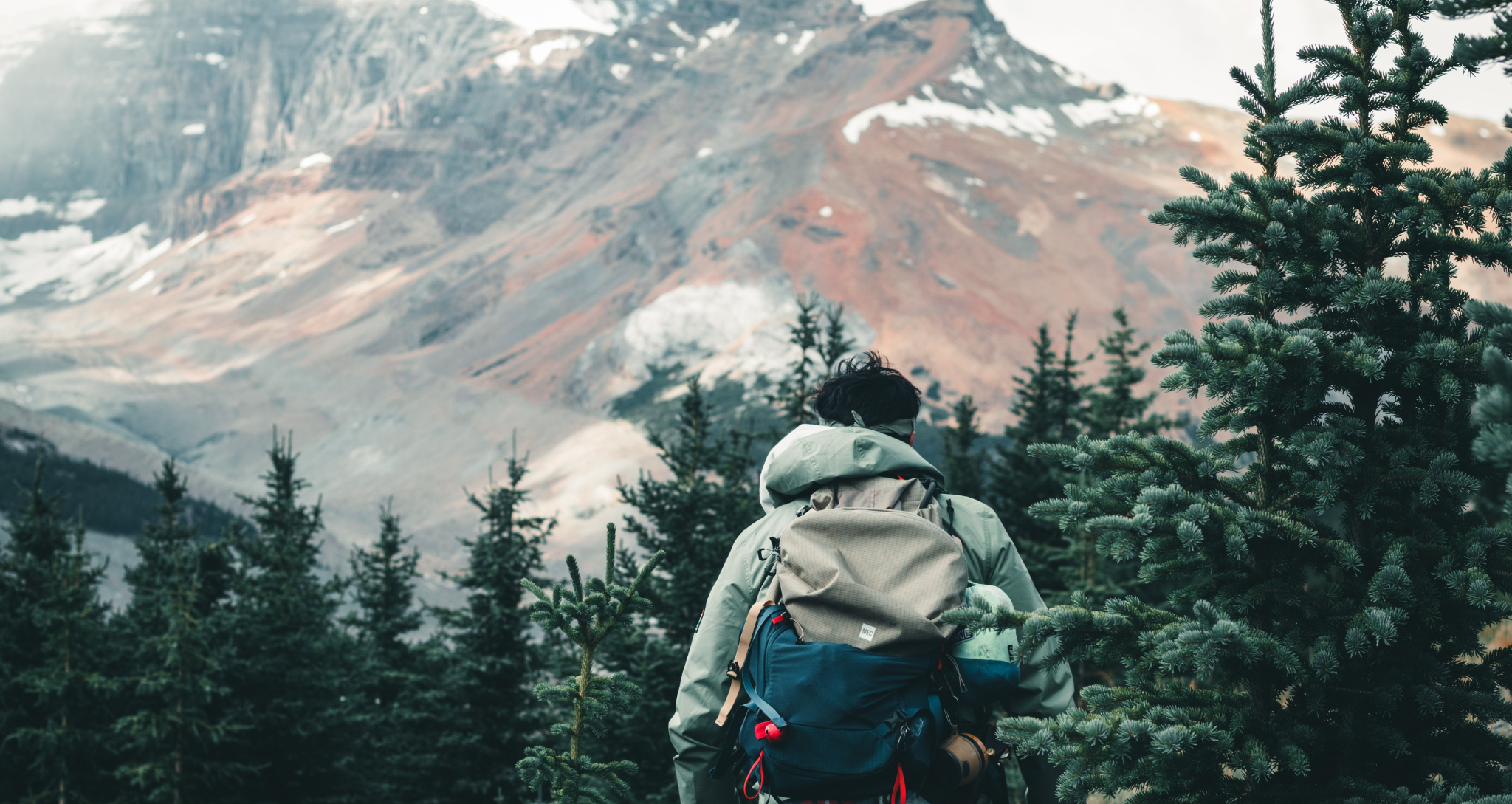Welcome to the IRN
Welcome to the IRN
The Indigenous Research Network (IRN) was launched as a University of Toronto Institutional Strategic Initiative in response to the Truth and Reconciliation Committee’s Calls to Action. This includes increasing the visibility of Indigenous scholars' research accomplishments by sustaining a cross-divisional, interdisciplinary network of Indigenous scholars and facilitating robust research engagement across the University of Toronto and internationally.
Team

Dale Turner
In July of 2022, Professor Dale Turner was appointed to a three-year term as the Academic Advisor of Indigenous Research to the Provost. Under the umbrella of Indigenous Research, he also serves as the Director of the Indigenous Research Network. Professor Turner will also work closely with Shannon Simpson, Director of Indigenous Initiatives, and the Office of Indigenous Initiatives.
Professor Turner is a citizen of the Temagami First Nation in northern Ontario. He is an Associate Professor in the Department of Political Science and Centre for Indigenous Studies in the Faculty of Arts & Science. His research interests include Indigenous politics, contemporary Indigenous intellectual culture, contemporary political theory, and the philosophy of Ludwig Wittgenstein.

Roxanne Sky
Roxanne joined the Indigenous Research Network in July 2023 as the Indigenous Communities Liaison. She is a member of Six Nations of the Grand River Territory. Having graduated from the Onkwehon:we Languages Diploma Program – Kanien’keha:ka (Mohawk) at Six Nations Polytechnic in collaboration with McMaster University, Roxanne continues to strive to learn and support Indigenous knowledge and language learning across the Haudenosaunee Confederacy.
Network Features

Theory of Water: Nishnaabe Maps to the Times Ahead

CIHR Research Excellence, Diversity and Independence (REDI) Early Career Transition Award Program

U of T grad navigates cancer while learning how to improve the health of Indigenous families



